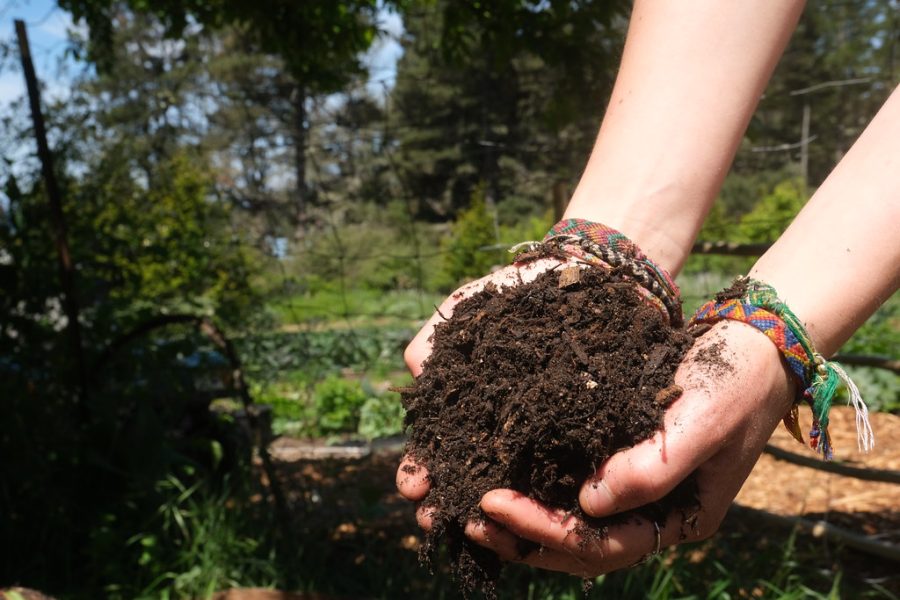California’s New Compost Law
February 12, 2022
On average, 6 million tons of food are wasted every year in California. To combat this issue, California has enacted a new compost law that requires residents to separate organic waste from their garbage. Recycling waste and composting have always been a part of California’s environment. Thanks to the new law passed on Jan. 1, all Californians are now required to properly dispose of their waste.
“Some cities in Southern California — Santa Monica, El Segundo, Manhattan Beach, Rolling Hills and Costa Mesa — already have a program in place. Others have pilot programs or are gearing up to implement new ones by Jan. 1,” according to an article from the LA Times.
It is predicted that over the next few years, by 2024, the law will be in full effect, and those caught violating the law will be fined. Hopefully, this new law will keep millions of tons of waste out of landfills. While organic waste biodegrades faster than inorganic material, the breakdown process releases a significant amount of methane gas, contributing to the greenhouse gasses in our atmosphere. In other words, the buildup of organic waste adds to one of California’s, and the planet’s, greatest problems, global warming.
“It requires cities and counties throughout the state to reduce the amount of compostable material they send to landfills by 75 percent,” stated Robert Reed, a worker for Recology, which manages California’s recycling and compost.
In addition to all residents, supermarkets and schools are also required to separate their waste. At Arcadia High School, new bins will be installed in February to collect food waste. Apache News and Evergreen Club encourage students to make sure to look for green trash bins. They ask to throw food and trays away in the correct bins at the end of lunch.
“We want to encourage students to compost rather than throwing away such items in the regular waste bin, thereby efficiently adding nutrients to the soil and reducing landfill waste,” stated Junior Evelyn Wang, a publicity officer of Evergreen Club.
A general rule of thumb of what to put in those green bins is to recycle everything you eat. Fruits, vegetables, meats, grains, dairy, and even the trays are able to go in the green bins, whole milk cartons, plastic, and aluminum foil go in the other trash cans.
An article from Green Matters by author Sophie Hirsh said, “The state has a goal of reducing the amount of organic waste sent to landfills by 75 percent by 2025.”
Hopefully, we’ll start to see some improvements in our environment, and decrease food waste significantly soon.
Wang voiced how “I do think these bins will help with recycling and discarding waste, at least a little bit. Although many students may not take advantage of these bins at first, this is a step that will help get students involved in recycling and discarding waste, promoting Evergreen’s mission of encouraging environmental sustainability to all.”
Photo courtesy of FLICKR.COM

